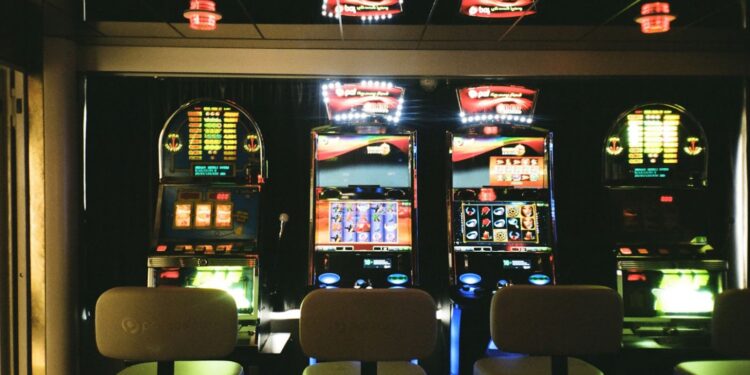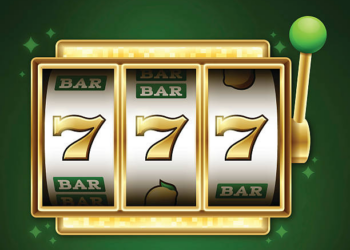Slots attract many people worldwide. Many players are clued up on slots to some extent, but there is a good portion of players who do not know much about slots; they just enjoy the simple and easy gameplay.
Whether you’re an experienced player or a newcomer, there are 2 essential components to slots that every player should know about. The random-number-generator (RNG) is the base on which megaway slots casino games are offered to the public. Return-to-player (RTP) index is the game parameter on which most people base their slot game choices. This is your all-in-one guide to RNG and RTP.
Random-number-generator
RNG is a computer program that decides the outcome of every spin. RNG creates a series of long, random numbers at very high speeds (it is said that it can put down over 100 numbers per second, although this has not been approved by slot developers). The outcome of your spin depends on the number that the random-number-generator creates at the exact moment when you press “spin.”
- RNG is digital and guarantees a completely random game. It is being used in all modern slot machines, both land-based and online.
- All casinos have to use an industry-approved RNG in their games as well as uphold rules and regulations regarding RNG, as overlooked by the UK Gambling Commission.
- RNG cannot be manipulated or impacted in any way by the player.
Return-to-player
The RTP percentage is a measure of the percentage of stakes a game returns to players (generally over a minimum of one million plays) and is a generally accepted guide to how a game will perform. In other words, the RTP percentage states how much of the total money wagered to the slot pays out in wins over a long period of time.
For example, an RTP of 95% means that 95% of total bets will be returned to players, and 5% will be the house edge. However, this does not mean that if you play through £100, the slot will return £95 to you. As we’ve mentioned before, RTP is distinguished by spinning the slot an inhumanly large amount of times, like 1 million or often more. A single player is only a small blip in the course of a slot machine’s lifetime, and the RTP is aimed at the slot’s “lifetime” statistics. That small blip (a single playing session) can be spent on a losing streak, in a winning streak, or in balanced play. In other words, anything could happen – the game is random.

- The higher the RTP, the more likely the slot is to pay out. The keyword here is “likely” – nothing is ever guaranteed in slots because the game is completely random.
- Slots can deviate from their RTP percentages both upwards or downwards but will balance out eventually.
- Some games include exclusive features such as progressive jackpots. These games normally have a lower RTP. RTP is reduced because of the player’s contribution to the jackpot(s) and their chance of winning large prizes like that.
Some more tips

- Always play in certified, licensed, and well-reviewed casinos. This will help you avoid “rogue” or unlicensed casinos, which tend to rig the games or change their rules to gain from the player.
- Always go for as high of an RTP as you can find. Statistically, they pay out more!
















